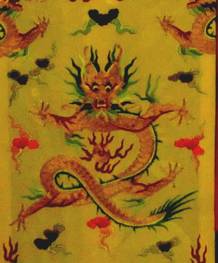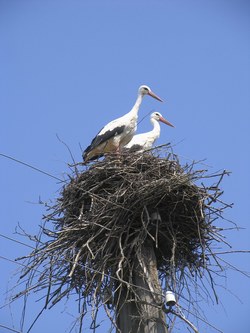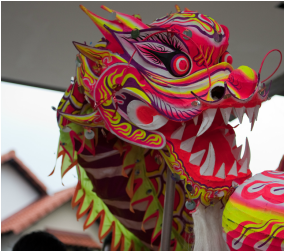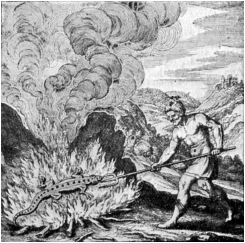
The dragon has played an important part in Chinese culture for thousands of years and is central to many myths, legends and traditions. This article briefly looks at how the dragon evolved to become such an essential part of Chinese culture.
In China from the earliest of times the dragon has been regarded as a lucky creature, bestowing fortune and blessing upon the lives people. There is an ancient tradition that the Chinese people are descended from the dragon and it is a belief that still found deeply rooted in Chinese culture and the thinking. Unlike western societies where dragons are often seen as evil, the Chinese people revere the dragon for its majesty and gravity and for its beneficial properties. Read more



 RSS Feed
RSS Feed
